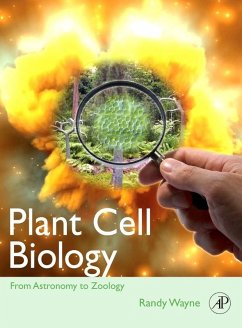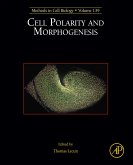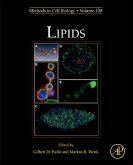Plant Cell Biology is a semester long course for undergraduates and graduate students which integrates mathematics and physics, two years of chemistry, genetics, biochemistry and evolution disciplines. Having taught this course for over ten years, the author uses his expertise to relate the background established in plant anatomy, plant physiology, plant growth and development, plant taxonomy, plant biochemistry, and plant molecular biology courses to plant cell biology. This integration attempts to break down the barrier so plant cell biology is seen as an entrée into higher science.
Distinguishing this book from papers that are often used for teaching the subject which use a single plant to demonstrate the techniques of molecular biology, this book covers all aspects of plant cell biology without emphasizing any one plant, organelle, molecule, or technique. Although most examples are biased towards plants, basic similarities between all living eukaryotic cells (animal and plant) are recognized and used to best illustrate for students cell processes.
Distinguishing this book from papers that are often used for teaching the subject which use a single plant to demonstrate the techniques of molecular biology, this book covers all aspects of plant cell biology without emphasizing any one plant, organelle, molecule, or technique. Although most examples are biased towards plants, basic similarities between all living eukaryotic cells (animal and plant) are recognized and used to best illustrate for students cell processes.
- Thoroughly explains the physiological underpinnings of biological processes to bring original insight related to plants
- Includes examples throughout from physics, chemistry, geology, and biology to bring understanding to plant cell development, growth, chemistry and diseases
- Provides the essential tools for students to be able to evaluate and assess the mechanisms involved in cell growth, chromosome motion, membrane trafficking, and energy exchange
- Companion Web site provides support for all plant cell biology courses
Dieser Download kann aus rechtlichen Gründen nur mit Rechnungsadresse in A, B, BG, CY, CZ, D, DK, EW, E, FIN, F, GR, HR, H, IRL, I, LT, L, LR, M, NL, PL, P, R, S, SLO, SK ausgeliefert werden.









